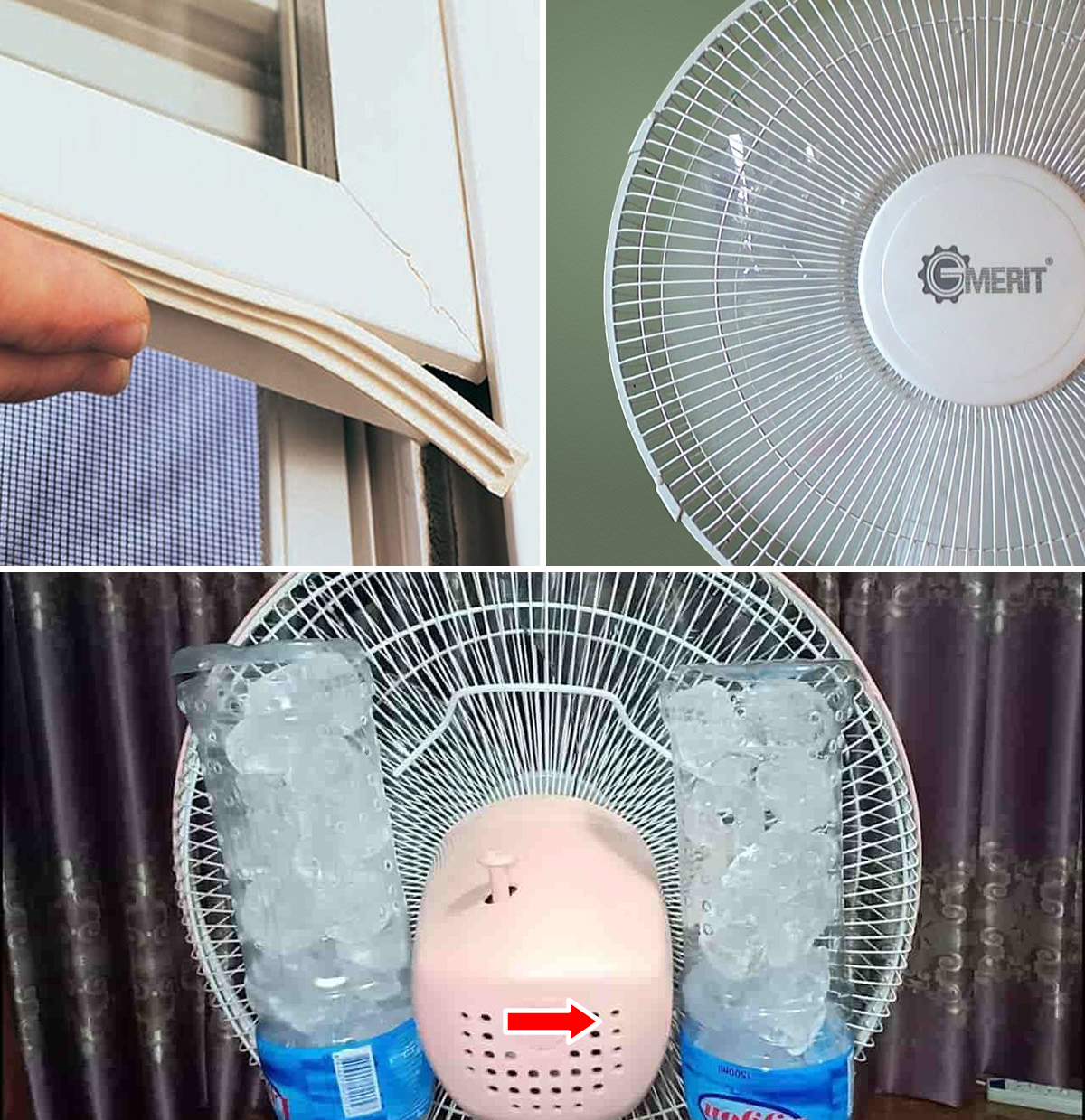ADVERTISEMENT
5. Insulate and Seal Your Home
Proper insulation in your walls, attic, and floors can help maintain your home’s temperature by keeping the cool air in and the hot air out. Sealing gaps around windows and doors also prevents warm air from entering and cool air from escaping. Even small cracks can make a difference, so make sure to check your home for any leaks and seal them properly.
6. Swap Hot Cooking for Cold Meals
Avoid heating up your home by cooking on the stovetop or in the oven. Opt for cold meals like salads, sandwiches, or fruit bowls during the hottest parts of the day. If you must cook, try using a slow cooker or pressure cooker—these appliances don’t release as much heat as traditional cooking methods. You can also take advantage of your grill to keep the heat outside.
7. Embrace the Power of Natural Cooling with Water
A simple trick to keep your home cooler is to place a bowl of water or use a wet cloth near your fans. The evaporation process will cool the air naturally, providing a refreshing breeze. You can even create an indoor water fountain or set up a small pond outside to help cool down the surrounding area. Water’s cooling properties can make a noticeable difference in how your home feels on hot days.
8. Seal the Roof with Reflective Coatings
If you live in a particularly hot area, consider applying reflective roofing or cool roof coatings. These are designed to reflect more sunlight and absorb less heat, which can lower the temperature inside your home. It’s an investment, but it can drastically reduce heat buildup, especially during peak summer months. Additionally, the reflective coating will help prolong the life of your roof and reduce energy costs in the long run.
9. Block Out Heat with Light-Colored Paint
Dark-colored walls absorb more heat, which can cause your house to feel hotter. Consider using light-colored paint on both the exterior and interior of your farmhouse. Lighter colors like whites, off-whites, and pastels reflect heat away rather than absorbing it, helping to maintain a cooler home environment.
10. Embrace Natural Materials for Building and Décor
Natural materials like wood, stone, and brick are excellent at keeping the temperature stable inside your farmhouse. Unlike synthetic materials, these substances have natural cooling properties and help regulate the temperature. Incorporate materials that offer insulation and natural temperature control in your walls, flooring, and even furniture to help keep the heat at bay.
Conclusion
Staying cool on a farm doesn’t have to mean relying on costly air conditioning or turning your farmhouse into a sauna. By using these 10 tips—like leveraging natural shade, sealing your home, and using fans—you can create a comfortable and refreshing indoor environment all summer long. Embrace these old-school techniques and enjoy the peace and comfort of a cool home, no matter how high the temperature climbs outside.
ADVERTISEMENT
ADVERTISEMENT
